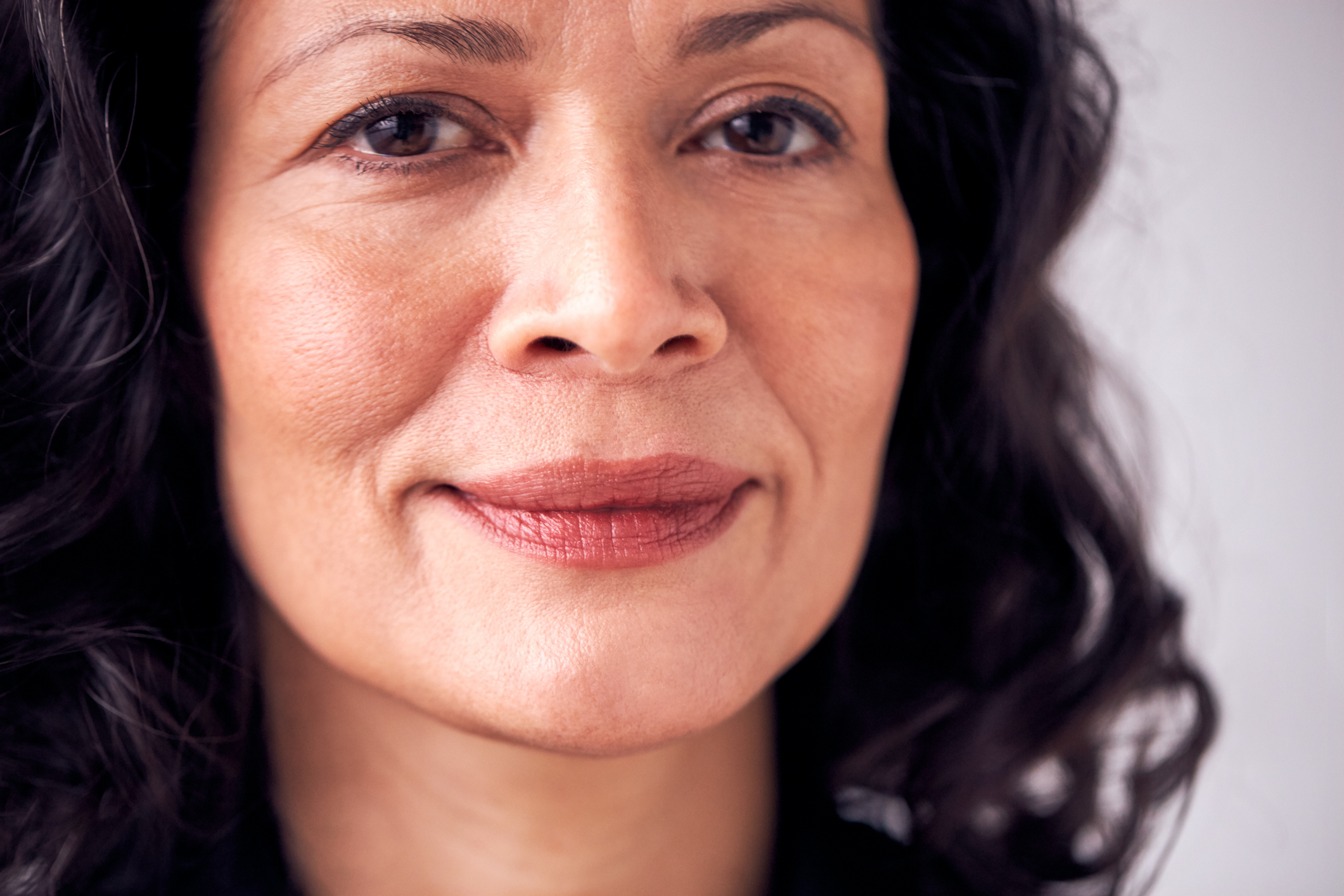Get Easy Health Digest™ in your inbox and don’t miss a thing when you subscribe today. Plus, get the free bonus report, Mother Nature’s Tips, Tricks and Remedies for Cholesterol, Blood Pressure & Blood Sugar as my way of saying welcome to the community!
Why going for an eye exam could save your life

If your vision just isn’t as sharp as it used to be, you might not think much of it. After all, many of us simply believe that failing eyesight is just a normal part of aging that’s nothing more than an inconvenience.
However, according to a study by a team of researchers from the University of Michigan, that vision loss might be far from normal and way beyond an inconvenience.
It could be deadly.
The relationship between vision loss and your risk of death
The researchers performed a meta-analysis involving a whopping 48,000 people from 17 separate studies. And the results published in The Lancet Global Health show beyond a doubt that vision loss and risk of death go hand-in-hand.
In fact, the research team found people living with more severe vision impairment had a higher risk of all-cause mortality compared to those that had normal vision or only mild vision impairment.
Here’s how the numbers broke down:
- Mild vision impairment was linked to a 29 percent higher risk of death from all causes.
- That risk increased to 89 percent for people with severe vision impairment.
This means losing your eyesight might not just be a sign of aging, but a big red warning flag!
Protection for your vision
Luckily, the researchers had some good news for us, along with the bad.
They say that four of five cases of vision impairment can be prevented or corrected, including the two leading causes of vision loss and blindness: cataracts and the unmet need for glasses.
“It’s important these issues are addressed early on because losing your vision affects more than just how you see the world; it affects your experience of the world and your life,” says Ehrlich. “This analysis provides an important opportunity to promote not only health and wellbeing, but also longevity by correcting, rehabilitating, and preventing avoidable vision loss across the globe.”
This means that if you’ve been noticing a decline in your vision, it’s time to stop putting off that visit to the eye doctor and start thinking of your eyesight as a vital part of your overall health.
In addition to getting help for your eyes from your opthalmologist, there are also a number of ways to keep your vision healthy at home…
#1 – Indulge your chocolate fantasies
If you’re a chocoholic, rejoice!
Studies show the antioxidants found in dark chocolate are great for your vision thanks to their ability to boost blood flow to your retinas, as well as your brain’s visual pathways.
#2 – Drink a cuppa’
Another antioxidant-packed option that could help protect your vision is green tea. This type of tea contains a protective compound called epigallocatechin gallate, or ECGC, that’s been shown to strengthen the eyes and help prevent both cataracts and glaucoma.
#3 – Guard against screen-time damage
Too much time on the computer can lead to vision problems thanks to reduced contrast between the letters on the screen and the background, as well as glare. Even worse, since screens, including tablets, smartphones and even flat-screen TVs, emit blue light that can rob you of your vision, the damage just keeps adding up.
Take frequent breaks from the screen and grab some blue light protection by supplementing with a combination of lutein and zeaxanthin.
Editor’s note: Did you know that when you take your body from acid to alkaline you can boost your energy, lose weight, soothe digestion, avoid illness and achieve wellness? Click here to discover The Alkaline Secret to Ultimate Vitality and revive your life today!
Sources:
Vision Impairment is Associated with Mortality — University of Michigan
Nutrients for Prevention of Macular Degeneration and Eye-Related Diseases — Journal Antioxidants












